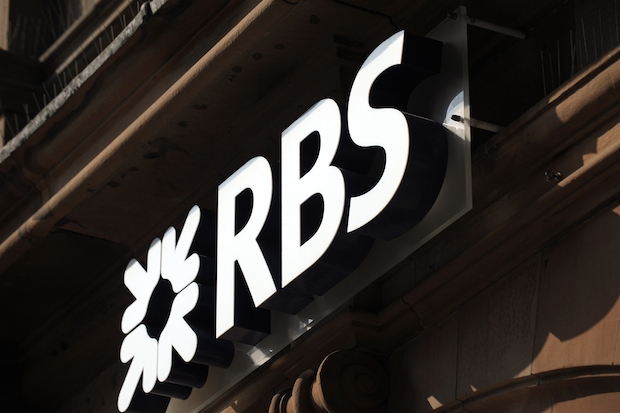Royal Bank of Scotland has set aside £3.1 billion ($3.8 billion) to deal with US claims that it mis-sold risky mortgage-backed securities ahead of the financial crisis.
The Telegraph reports that the lender, which is still 72 per cent owned by the taxpayer, now faces a loss for 2016, the ninth year in a row that it has lost money.
Yorkshire Building Society
Another announcement about branch closures today. Yorkshire Building Society is to shut 48 branches in a move it partly attributes to ‘an increasing desire among customers to transact digitally rather than on the high street’, according to
The Guardian.
The news follows yesterday’s announcement from HSBC which said it is closing a further 62 branches this year, on top of 55 already earmarked for closure.
The Yorkshire, Britain’s second biggest building society, will quit the current account market in order to concentrate on mortgages and savings. It will also scrap the Norwich & Peterborough brand from the high street.
Economy
The Telegraph reports that Britain’s economy grew by 0.6 per cent in the final three months of 2016, again defying predictions of a slowdown. ‘That matches the 0.6 per cent growth rate recorded in the three months before the EU referendum, and again in the three months following the vote.’
Investment
The rebound in investment demand continues post the EU referendum, according to the Q4 RICS UK Commercial Market Survey 2016.
Despite some concern surrounding potential relocation of companies based in the UK, demand from overseas buyers was up notably across all areas of the market in Q4 2016. Demand increased for a second straight quarter with the growth in enquiries gaining momentum, as 21 per cent more respondents saw a rise in demand in Q4 up from 9 per cent more in Q3. Foreign investment also saw a rebound, with the weaker exchange rate likely an important factor.
Housing
The Council of Mortgage Lenders estimates that gross mortgage lending reached £20.4 billion in December. This is 4 per cent lower than November (£21.2 billion), and 4 per cent higher than December 2015 (£19.7 billion). This brings the estimated total for the year to £246 billion, a 12 [er cent increase on 2015’s £220 billion and the highest annual gross lending figure since 2008. Gross mortgage lending for the fourth quarter of 2016 was therefore an estimated £62 billion. This is a 3 per cent decrease on the third quarter and closely matches the 61.8 billion lent in the fourth quarter of 2015.
Pay
Most popular
Keir Starmer is not waving but drowning at PMQs
The Guardian reports that people from working-class backgrounds are paid £6,800 less on average each year than those from more affluent families. The paper said: ‘The class pay gap was highest in finance at £13,713, the research by the Social Mobility Commission concluded. The medical profession saw the next highest gap at £10,218, followed by information technology at £4,736.’
Borrowing
The British Bankers’ Association has said that borrowing on credit cards, loans and overdrafts increased in December amid concern over personal debt levels. In addition, annual growth in consumer credit hit 6.6 per cent last month.
Santander
The
Daily Mail reports that the number of savers switching to Santander’s 123 account has fallen dramatically after the bank cut interest rates. The lender said only 483,000 customers switched to its account in 2016 compared to around one million the year before.
Meanwhile, Nathan Bostock, chief executive of Santander UK, has warned about the risks of over-heating in the consumer credit market, saying the cost of offering personal loans has become too cheap to make money.
Shopping
A report from retail experts Nielsen has found that a ‘big shop’ at one of the discount supermarkets can cost £15 less on average compared with one at one of the Big Four, according to ThisisMoney.
People who buy 20 or more items at discounters like Lidl and Aldi spend on average £39 – which is about £15 less than across Sainsbury’s, Tesco, Morrisons and Asda where a big shop costs on average £53.






Comments